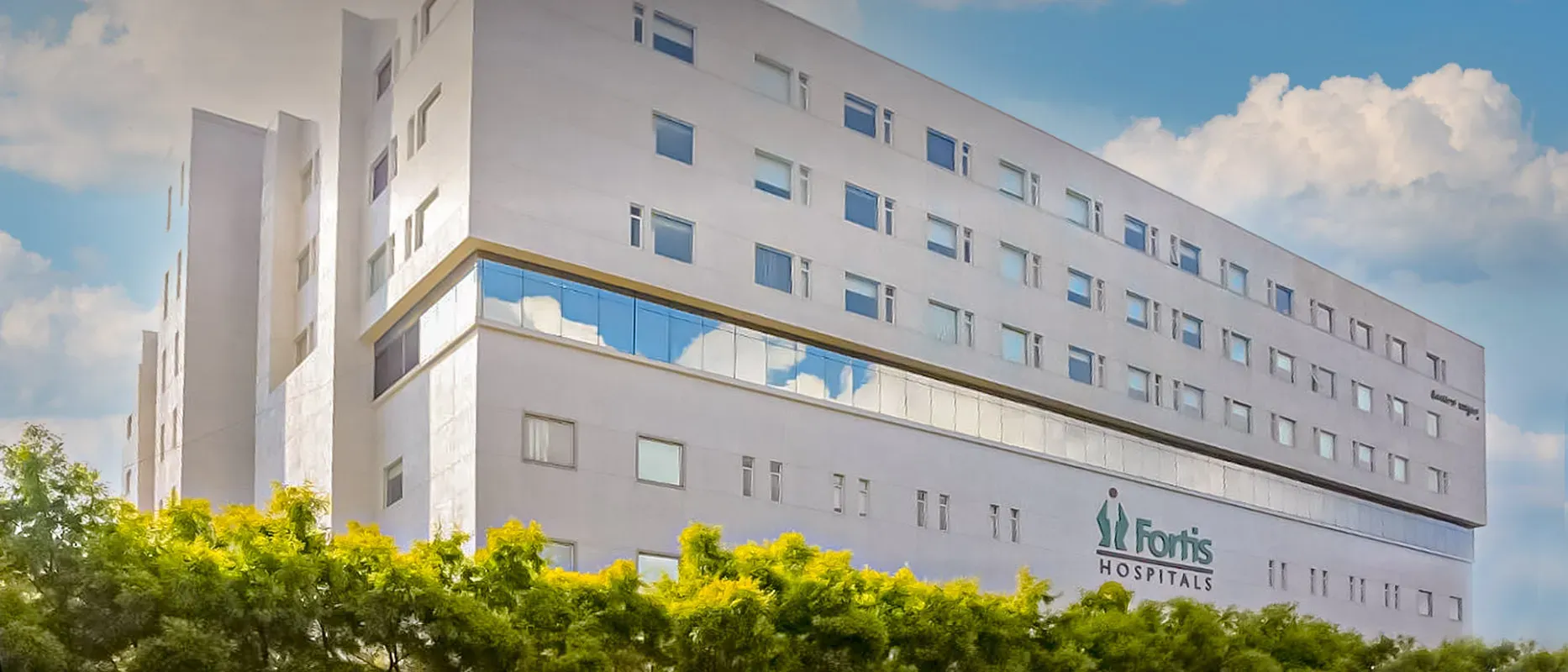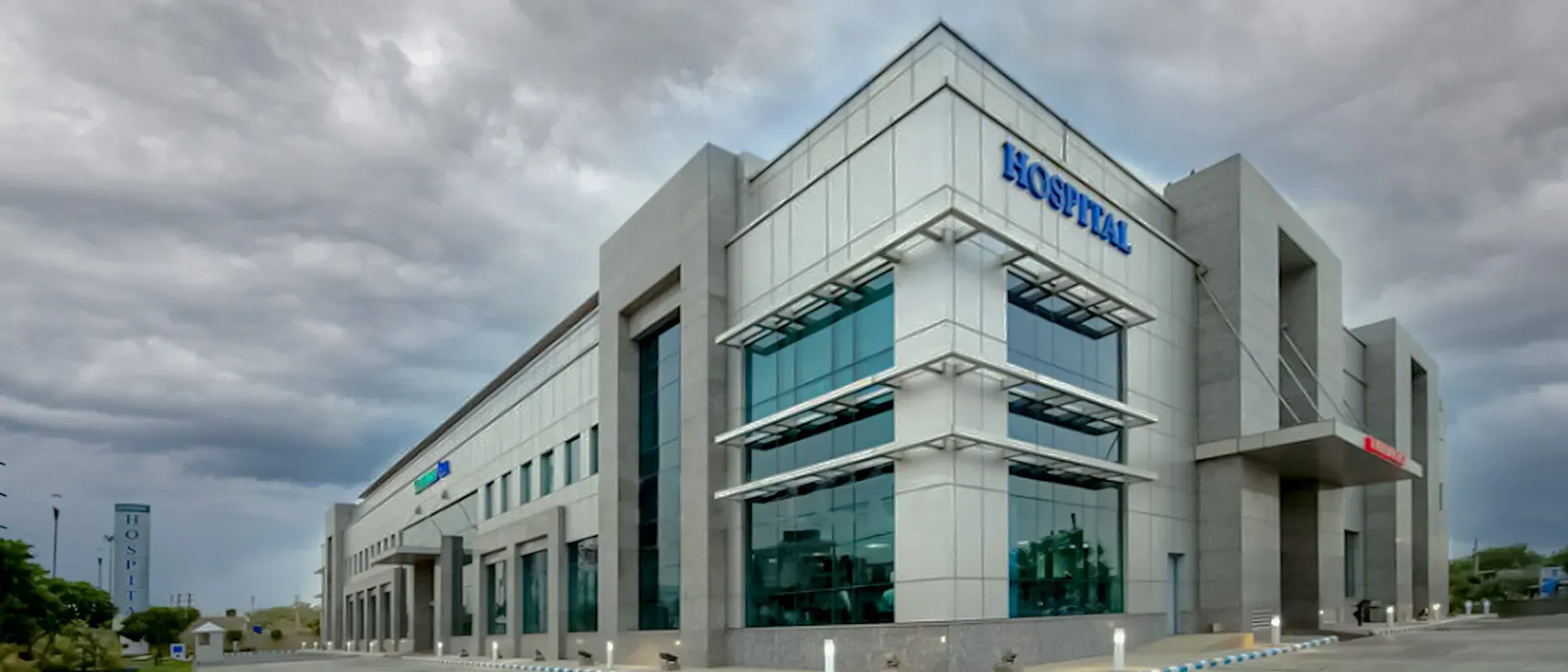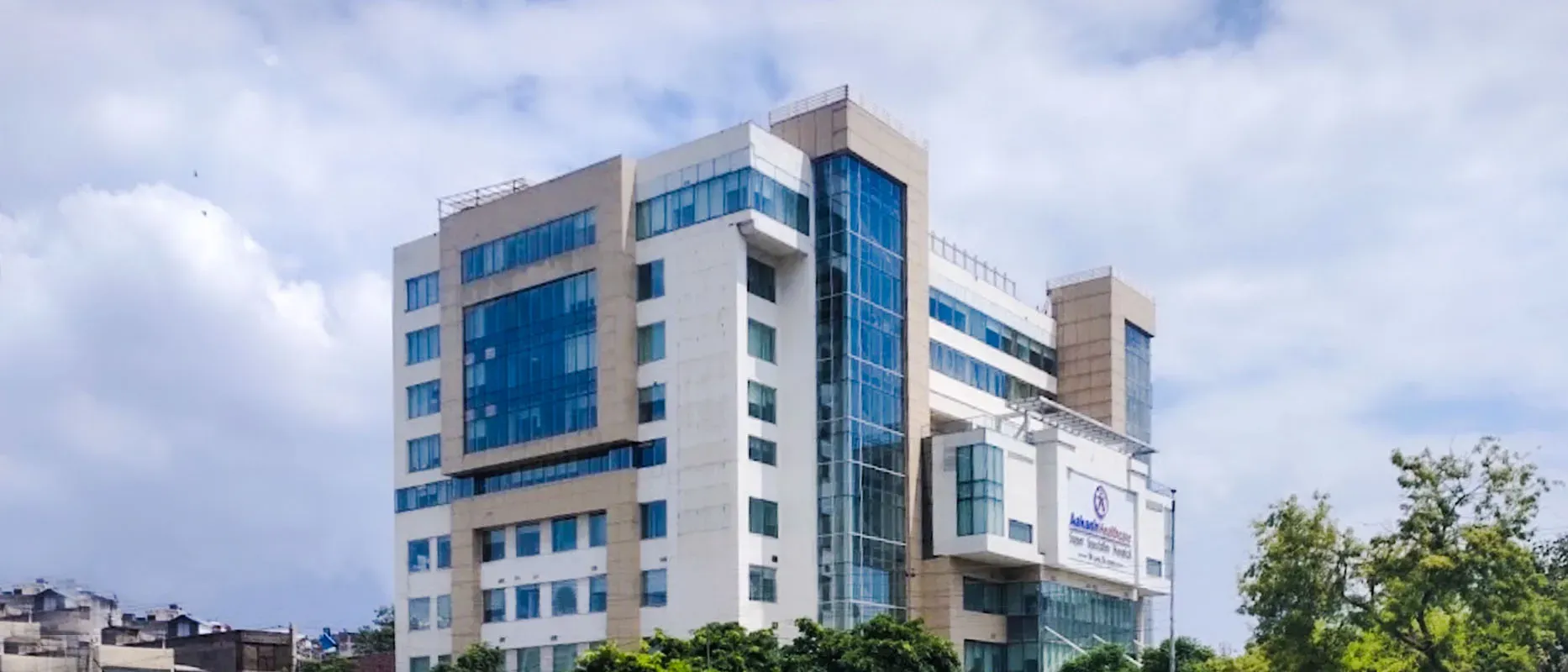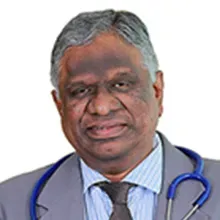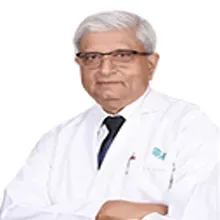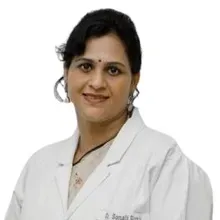Overview of Obstetrics And Gynaecology Endometriosis Treatment India
Did you know that nearly 10% of women suffer from endometriosis across the world, as per the World Health Organization!. Endometriosis is a painful medical condition in which the endometrial lining (tissue that lines the uterine cavity) starts growing outside the uterus. It may affect ovaries, fallopian tubes, and pelvis. In rare cases, it may spread outside the pelvic region.
Normally, the endometrium that develops inside the uterus breaks down and gets excreted out through every menstrual cycle. However, in case of endometriosis the tissue does not have any way to exit the body and gets trapped. If ovaries are involved, endometriosis leads to formation of cysts known as endometriomas.Endometriosis can cause excruciating pain particularly during mensis. It may also cause fertility issues. To get the best endometriosis treatment at the most budget-friendly prices, contact Ortil Healthcare.
Types of Obstetrics And Gynaecology Endometriosis Treatment India
Endometriosis Treatment
Deciding the right treatment option is determined by a discussion between you and your doctor depending upon your signs and symptoms. The treatment options include:
Medications
The medical treatment mostly include pain-relieving medications such as Nonsteroidal Anti-Inflammatory Drugs (NSAIDs), ibuprofen, naproxen etc. to relieve pain from menstrual cramps.
Hormone Therapy
The hormonal medications are used to delay the endometrial tissue growth and prevent the growth of new tissue. This is not the ultimate treatment and you may experience recurrence. The hormone therapy includes:
01. Hormonal Contraceptives - This includes birth control pills and vaginal rings to control the hormone levels that are responsible for the formation of endometrial tissue every month.
02. Gonadotropin-Releasing Hormone (Gn-RH) - These drugs are used to block the secretion of ovarian-stimulating hormones hence preventing menstruation. This is usually taken with mild doses of estrogen or progestin. The menstrual cycles return after the medications are stopped.
03. Progestin Therapy - This includes intrauterine device, contraceptive implants or injections, progestin pill that can stop the menstrual cycle and prevent the growth of endometrial tissue to relieve signs and symptoms.
04. Aromatase Inhibitors - These medications help in reducing the estrogen levels in the body. It is often used in combination with hormonal contraceptives.
Surgical Treatment
If other treatment options do not work well, the final choice is a surgery. The following surgical options may be followed:
01. Laparoscopy - Also used for diagnostic purposes, it involves insertion of an instrument through an incision in the abdominal wall. This enables the doctor to view the inside of the pelvis and remove the endometrial growth if needed.
02. Laparotomy - This is a more invasive procedure where the endometrial growth is removed without causing any damage to the surrounding healthy tissue.
03. Hysterectomy - This surgery involves both uterus and ovaries or either of them.
In addition to the treatment for endometriosis, one may require fertility treatment if you are planning to get pregnant, as endometriosis may cause impaired fertility.
Diagnosis of Obstetrics And Gynaecology Endometriosis Treatment India
Signs and Symptoms
The most evident symptom of endometriosis is intense pain in the pelvic region, specially during periods. The pain in cases of endometriosis is much worse than usual. Some other symptoms may include:
01. Painful sexual intercourse
02. Painful bowel or bladder movements
03. Excess bleeding
04. Fertility issues
05. Fatigue
06. Diarrhea or constipation
07. Nausea or bloating
It is important to know that the pelvic pain may also be due to other conditions like Pelvic inflammatory disease, ovarian cysts, or Irritable Bowel Syndrome. Hence you must consult an experienced doctor and get all evaluation tests done.
How is Endometriosis Diagnosed?
To confirm the presence of endometriosis, it is imperative to perform some diagnostic tests. Before these tests a detailed medical history is taken. The doctor asks you several questions regarding your family history, past medical conditions, any surgery or treatment that you have undergone in the past.
Medical history is followed by clinical examination of the pelvis where the doctor palpates the area to detect any abnormalities like cysts or scars.
The diagnostic tests include:
01. Ultrasonography - This is a procedure that uses sound waves to capture images of a particular area. It is specifically used to check if there are any cysts associated with endometriosis.
02. Magnetic Resonance Imaging (MRI) - This involves the use of magnetic fields and radio waves to create detailed pictures of a specific area of the body. This helps in getting information about the location and size of endometriosis tissue.
03. Laparoscopy - This is a surgical procedure where an instrument with a camera on it called laparoscope is inserted to enable the physician to view the inside structure. This is done under general anesthesia.
Symptoms and Risk factors
What causes endometriosis?
It is important to know the exact causes behind the condition. Here are some of the most common endometriosis causes:
01. Transformation of Embryonic Cells - There may be embryonic cell transformation to endometrium like cells during puberty as a result of hormones like estrogen.
02. Transformation of Peritoneal Cells - The cells present in the inner lining of the abdomen may also develop into endometrial cells due to various hormones or immune factors.
03. Retrograde Menstruation - In this case, the menstrual blood that contains the endometrial lining flows back through the fallopian tubes into the pelvic cavity. It further grows, gets thickened and bleeds during each menstrual cycle.
04. Endometrial Cell Transport - The blood vessels or the lymphatic system may also carry the endometrial cells to other body parts.
05. Implantation of Surgical Scar - The endometrial cells may get attached to the surgical incisions made after surgeries hysterectomy or C-section.
06. Disorders of Immune System - Malfunctioning of immune system disables the body to identify and kill the endometrial tissue outside the uterus.
Other than these, there are some risk factors that increase the chances of endometriosis:
01. No pregnancy
02. Menstrual cycles starting at an early age
03. Delayed menopause
04. Short menstrual cycles for less than 27 days
05. Long menstrual cycles with heavy bleeding
06. Higher levels of estrogen
07. Low BMI (Body Mass Index)
08. Family history of endometriosis
09. Any obstruction in normal passage of menstrual flow out of the body
10. Abnormalities in reproductive tract
Usually the signs and symptoms of endometriosis get better after pregnancy or completely disappear with menopause. Still, it is advisable to consult your doctor as soon as you notice these symptoms.
Endometriosis Complications
Endometriosis can have serious implications in some cases. The major ones include infertility and increased risk of cancer.
01. Infertility - Nearly one-third women suffering from endometriosis experience impaired fertility. This is because endometriosis may cause blockage in the fallopian tubes preventing the egg fertilizing with the sperm. In other cases, endometriosis may also cause damage to the sperm or egg. However, after the removal of endometrial lining some women are able to carry the pregnancy.
02. Cancer - Even though the overall risk of ovarian cancer in women with endometriosis is quite low. It is relatively higher than those without endometriosis. Another form of cancer is adenocarcinoma which can develop later in life.
How it's Works
Guiding your Journey from Discovery to Treatment Planning and Beyond.
Discovery
Get a consultation to discover about your treatment
Pre-Treatment
Admission to the best hospital and all pre-treatment facilities
Post Treatment
Get post-treatment follow-up care with medicine fulfillment
Treatment Planning
Hassle-free treatment planning with package & cost estimations
in-treatment
world-class quality procedures and equipment for treatment












